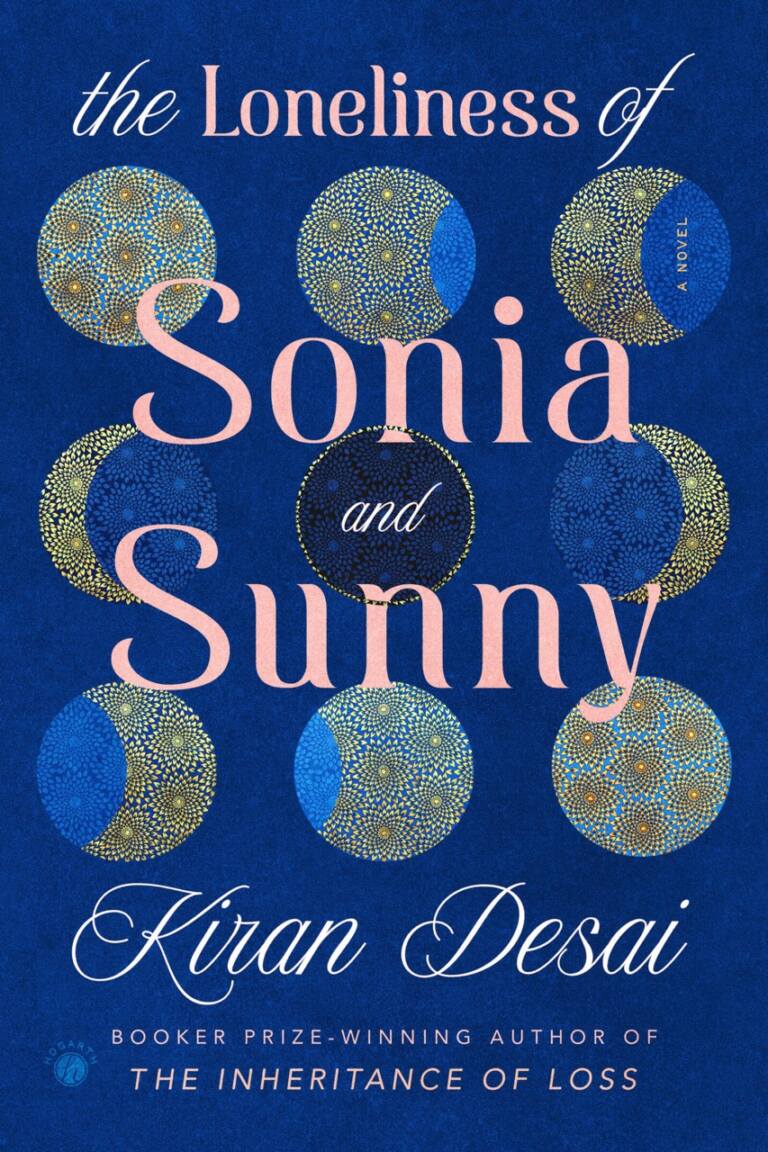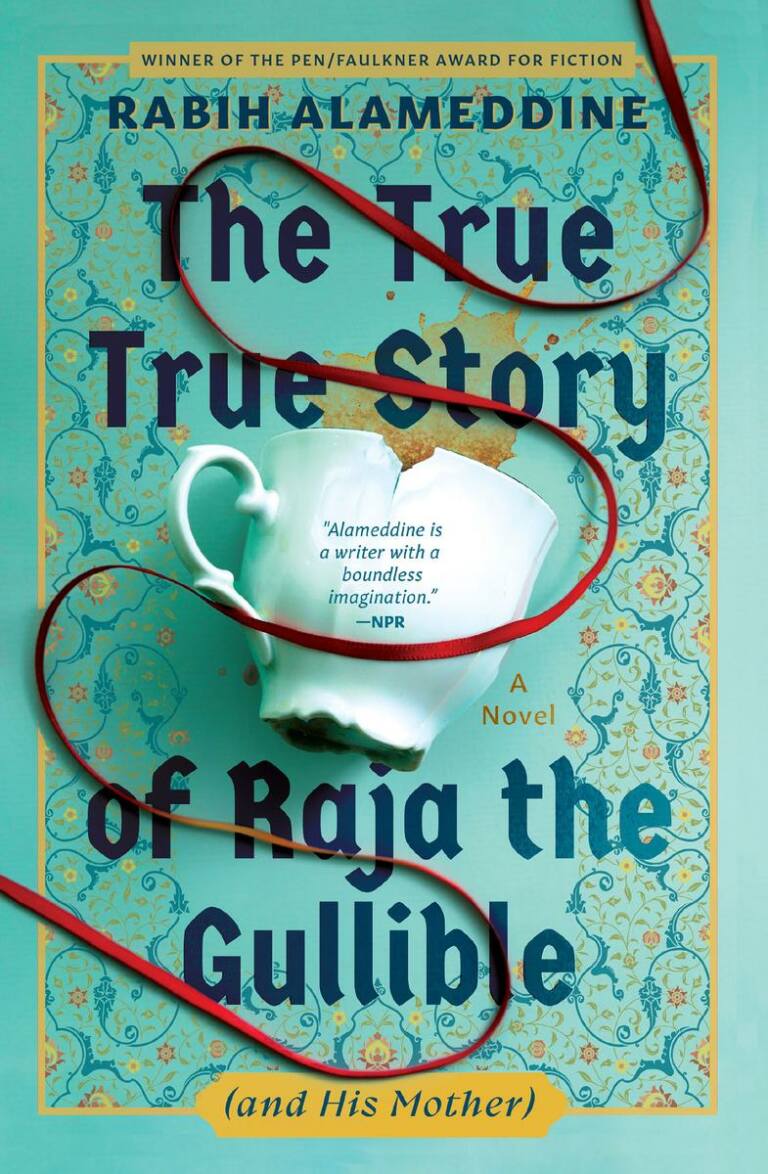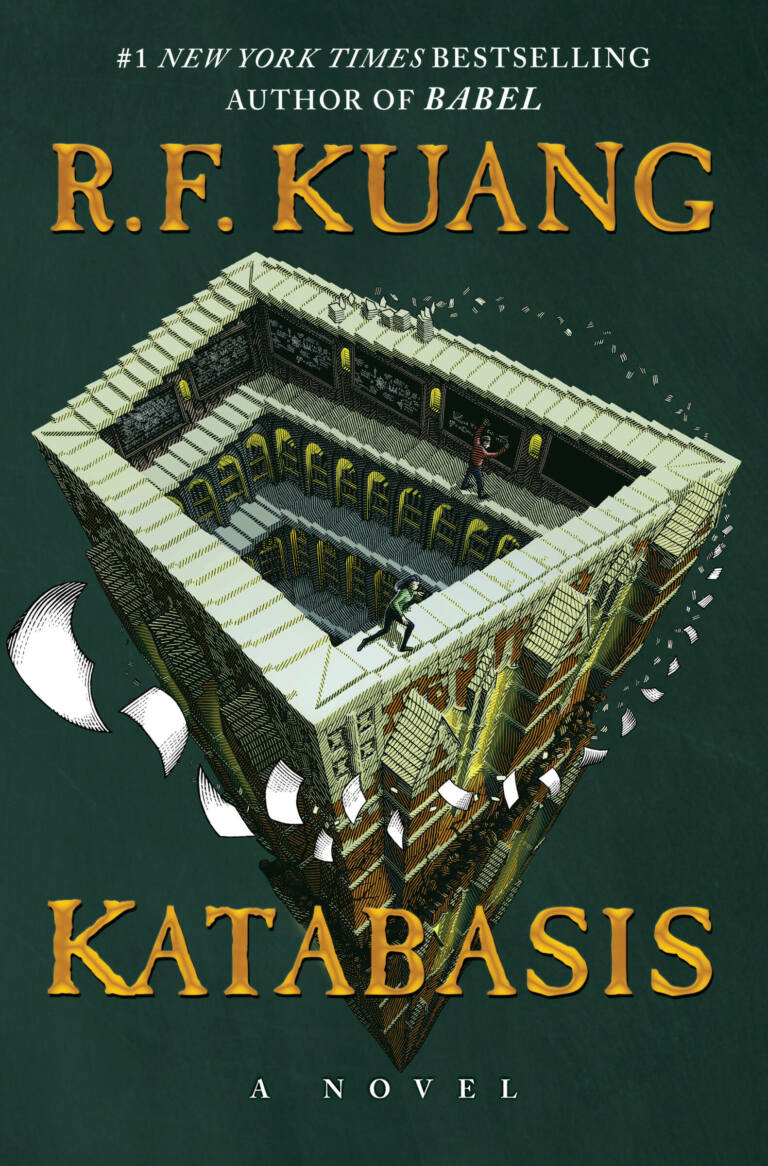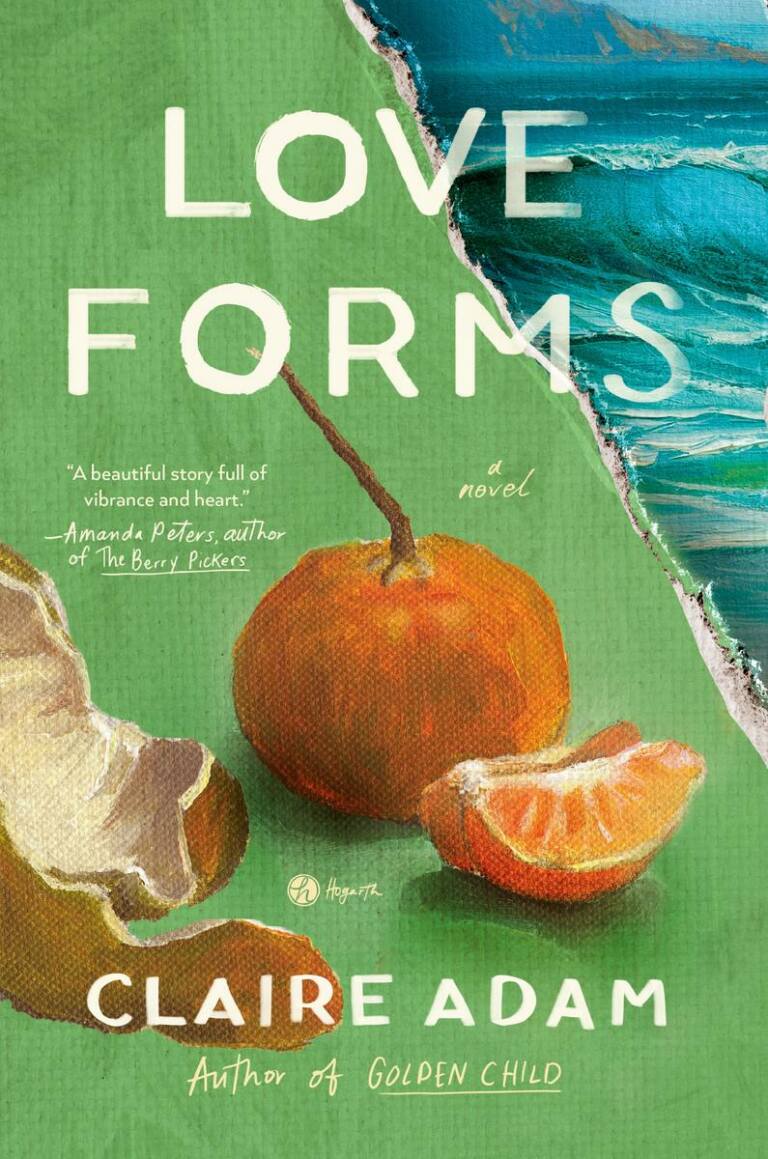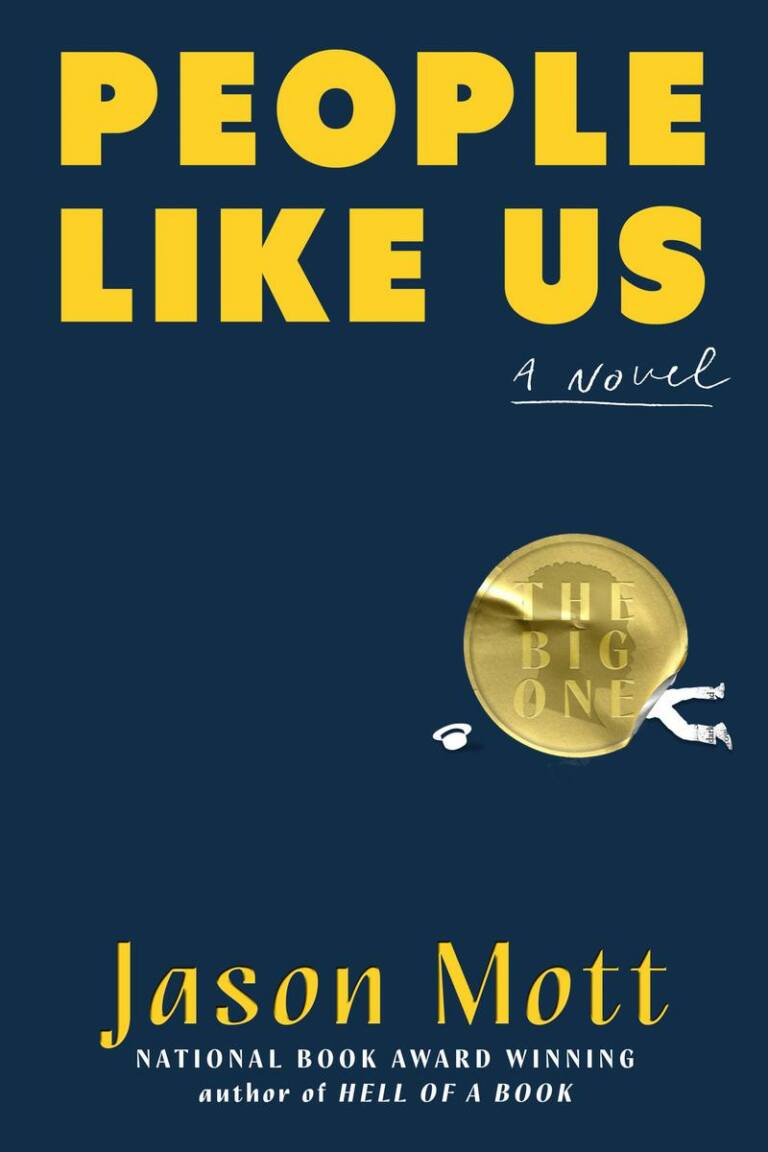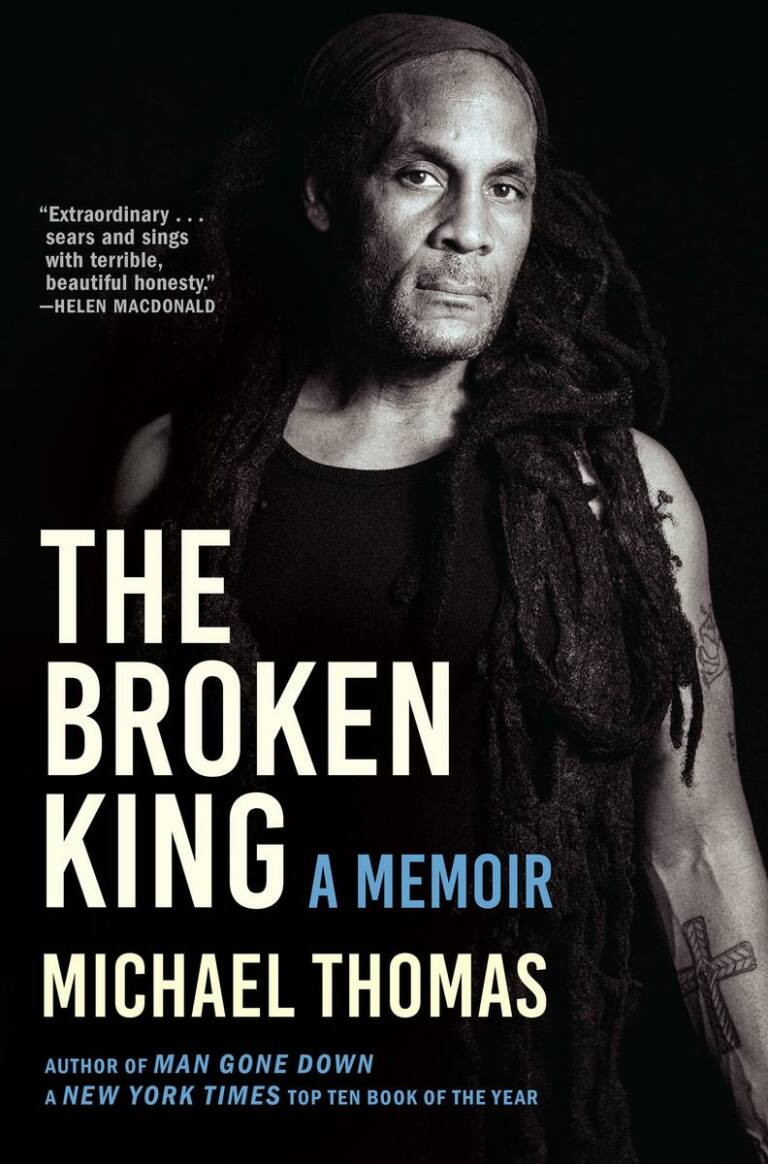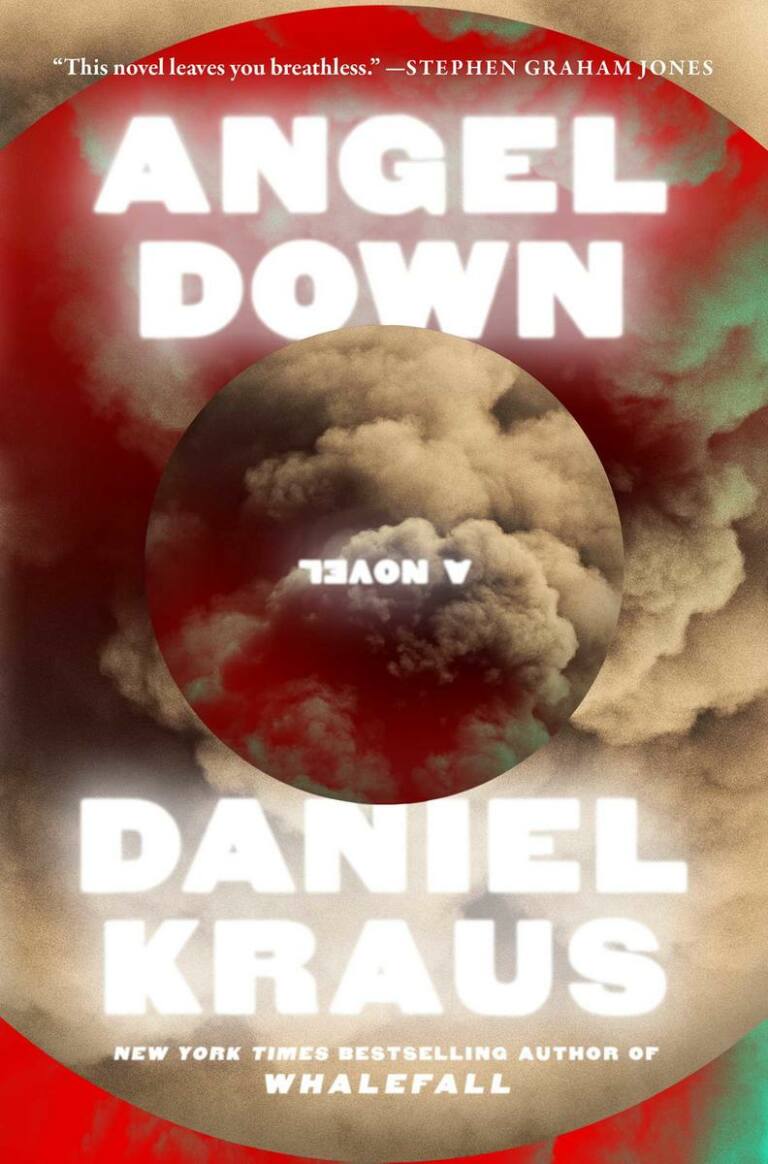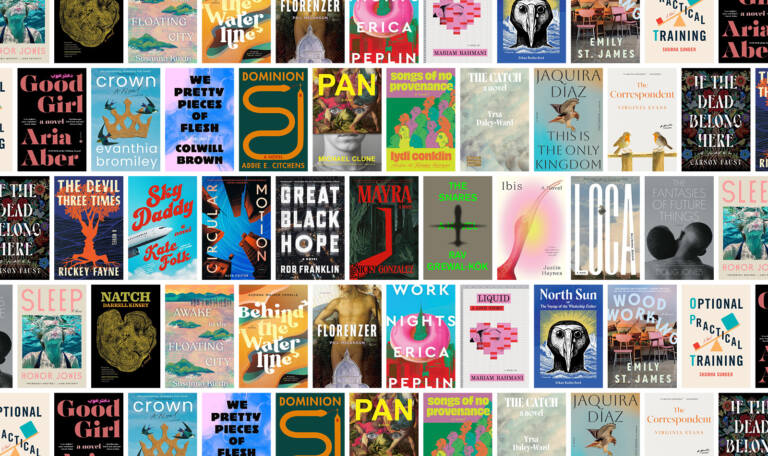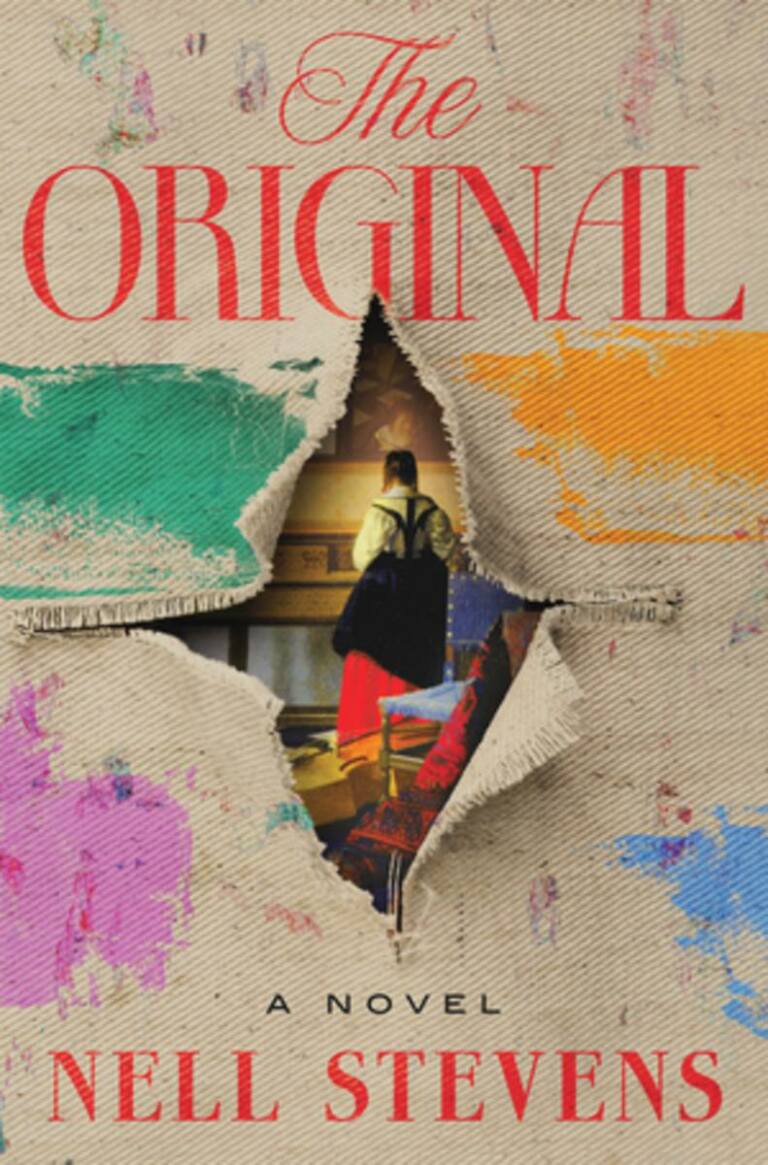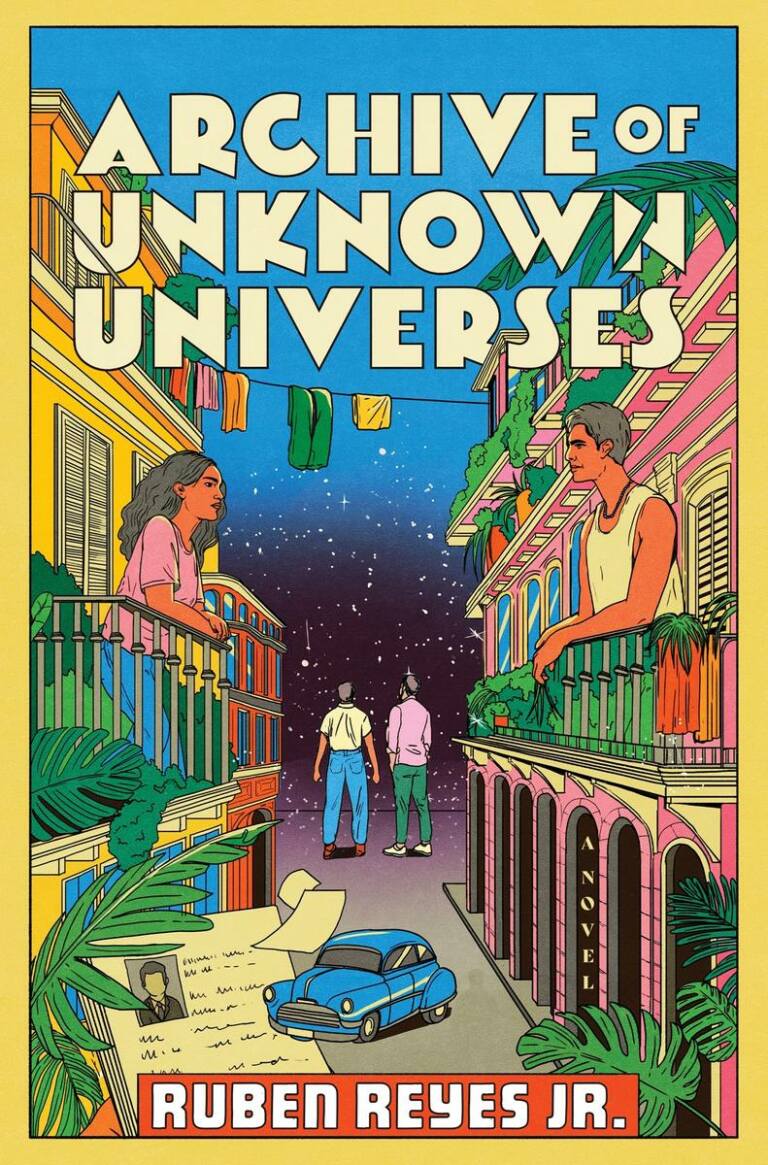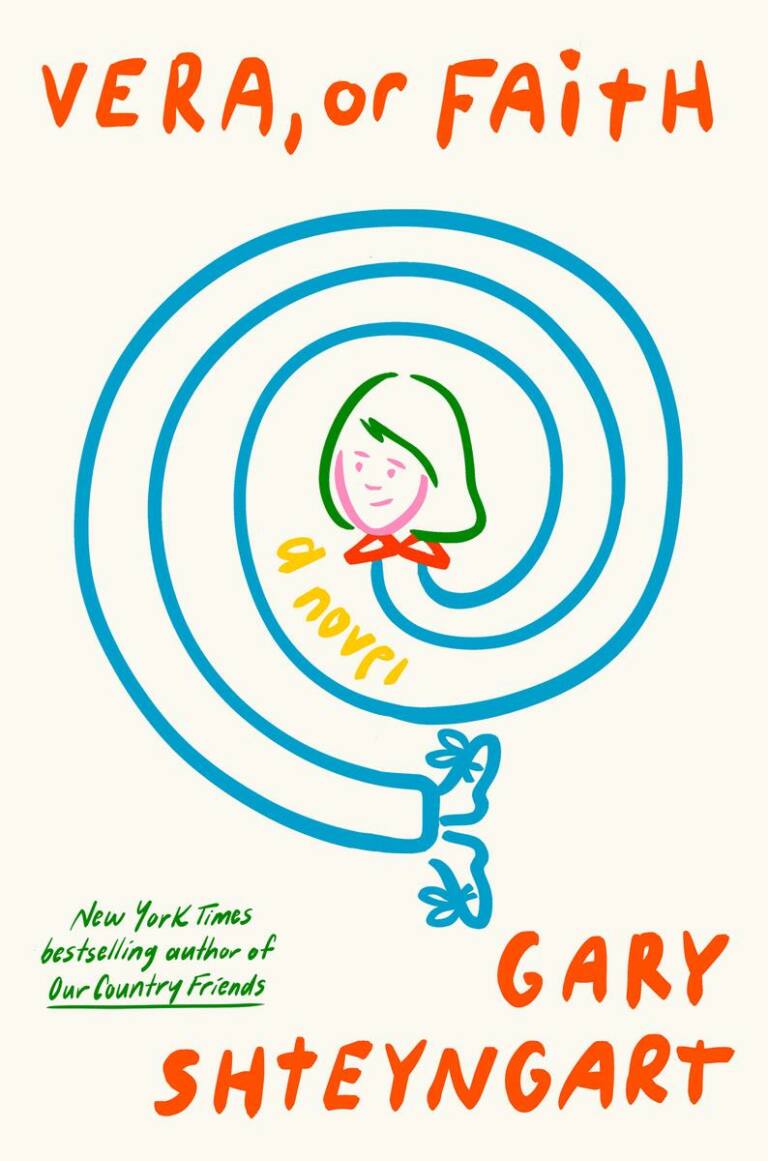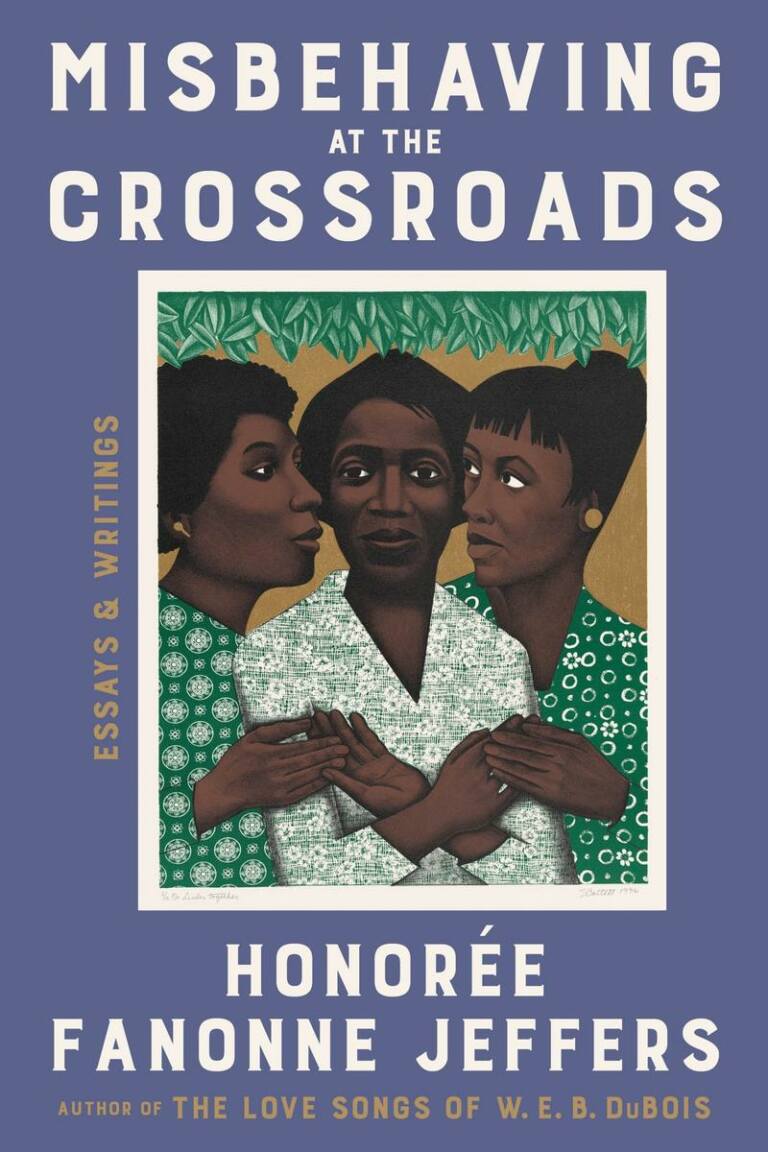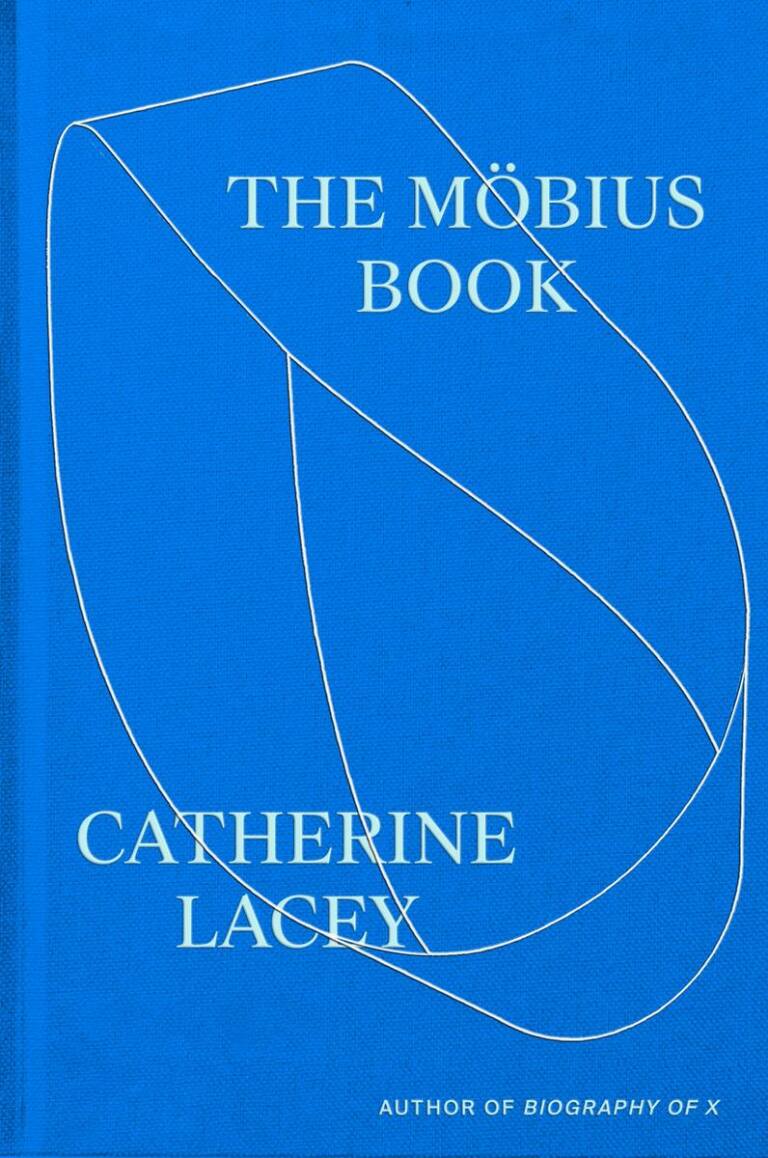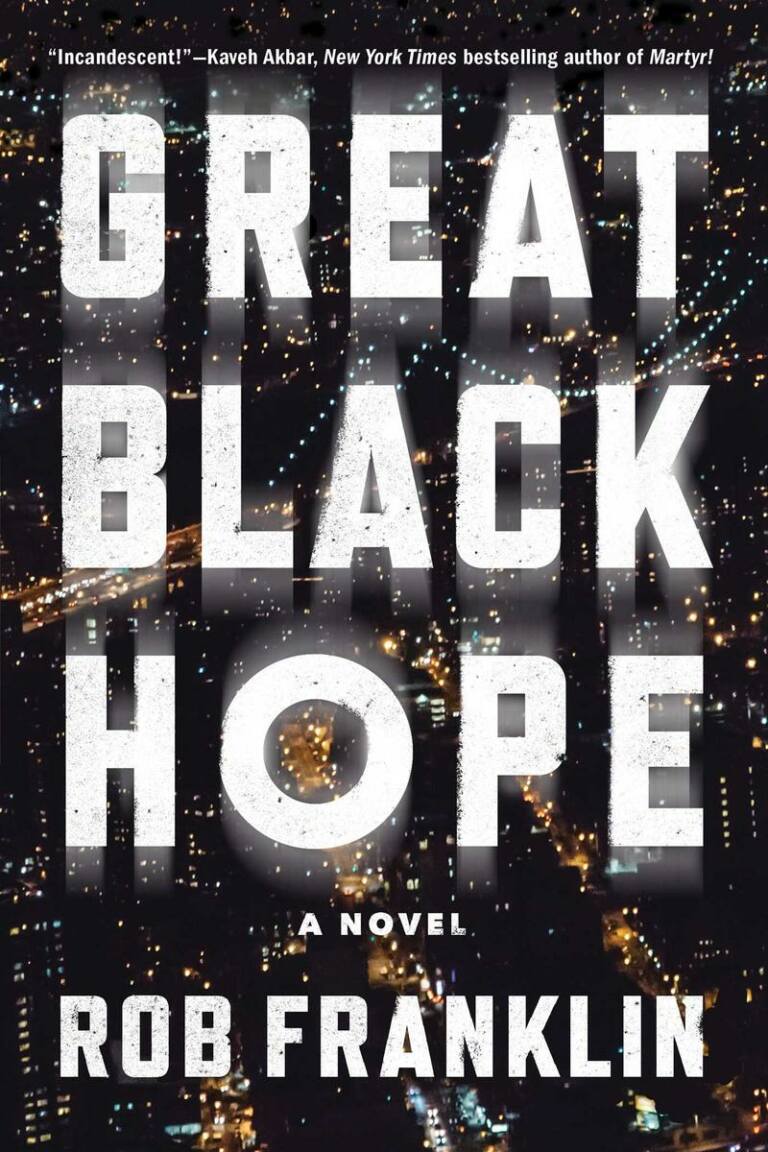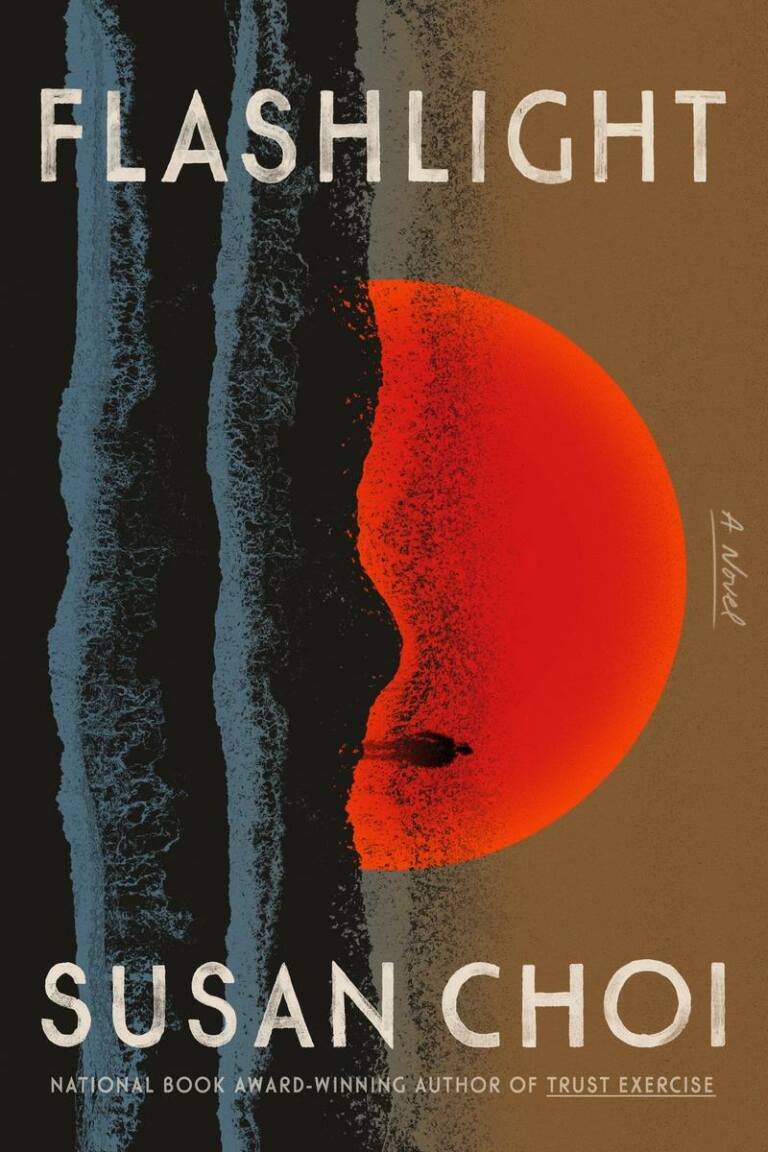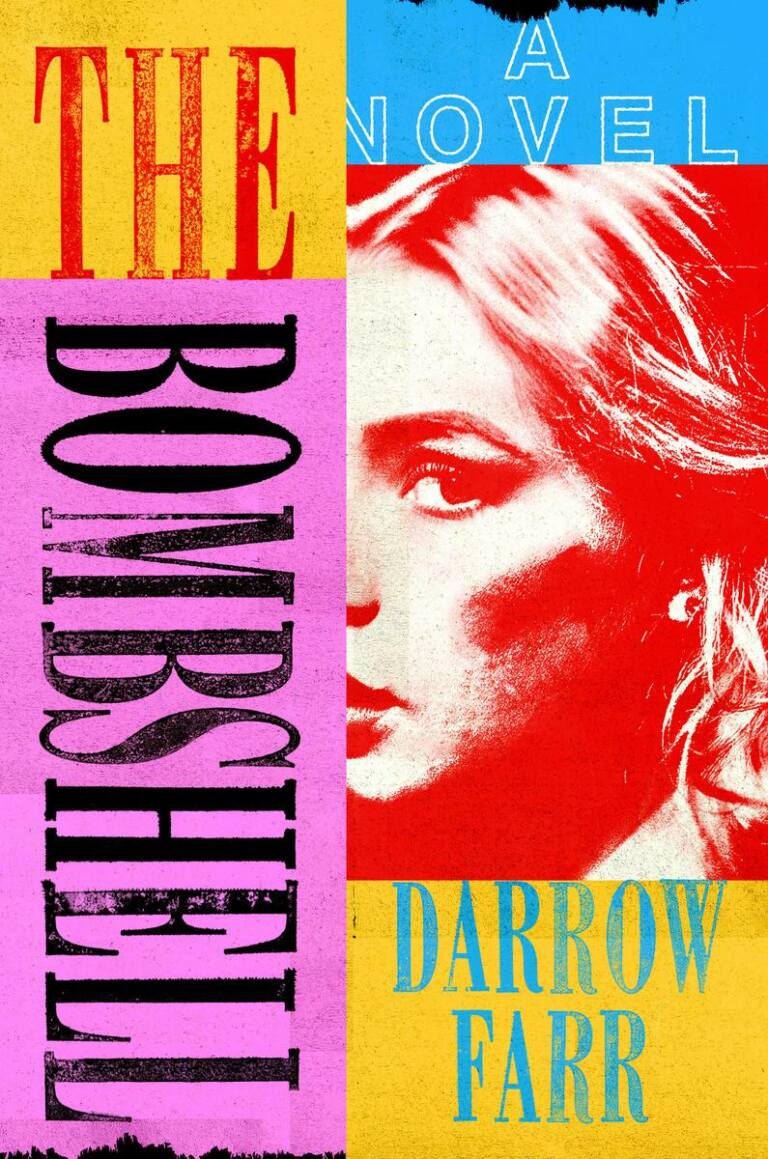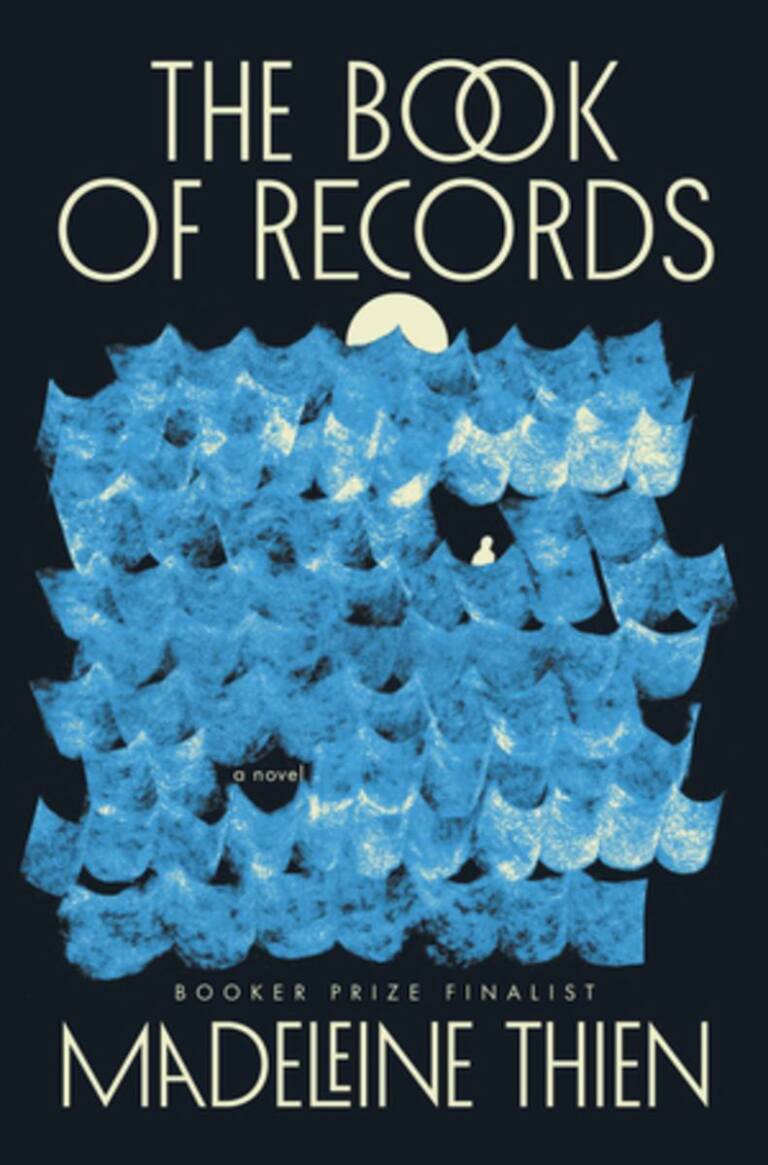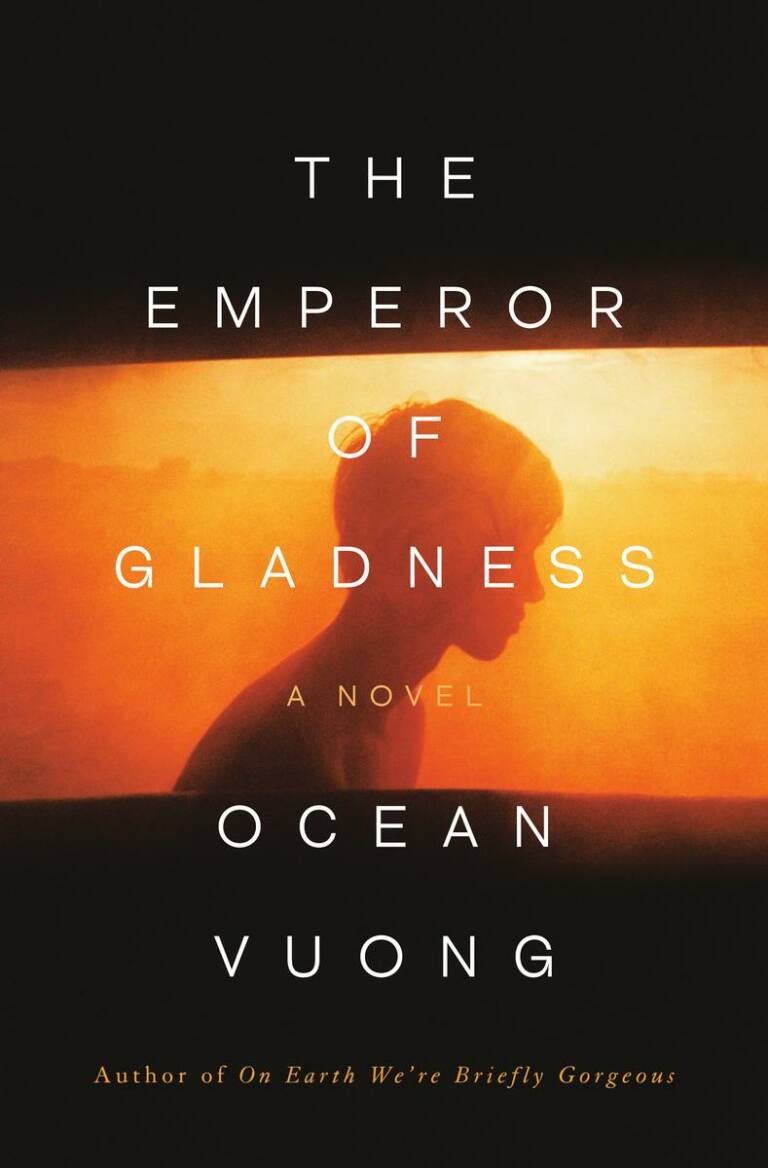December 21, 2024
Our final Bookstore newsletter of 2024 is simply a heartfelt thank you to our readers and to all the people who shop our Bookstore, visit our Café & Bar, and partake in The Center’s many wonderful programs. Some of you may never have crossed our threshold but know us from virtual events and classes, or even this very newsletter.
Below is a list of our ten bestselling books of 2024—many of which you will recognize and may have read, and some we hope will be a surprise and an incentive to add to your TBR pile.
We are incredibly grateful for your ongoing support. And if you are able to make a gift to The Center this season, any and every donation helps us to continue our work as a nonprofit sharing great literature with you.
Warm wishes for the holidays. Our Bookstore newsletter will return on January 4th.
Happy reading,
Melanie Fleishman
Buyer, The Center for Fiction Bookstore
Featured Books
-
.
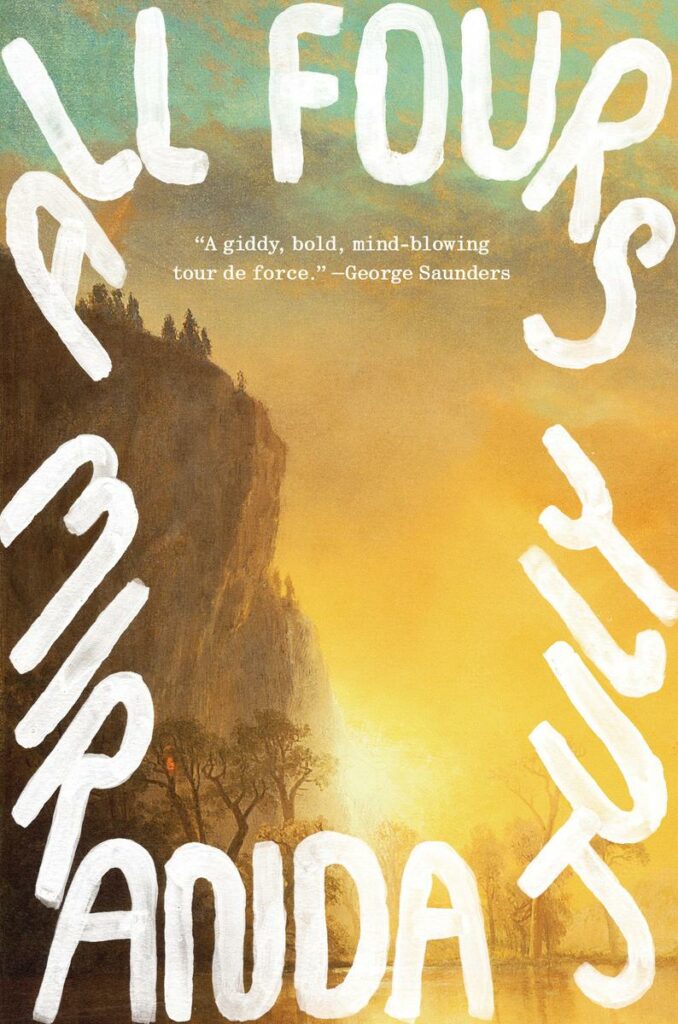
All Fours
By Miranda July
Published by Riverhead Books
A semi-famous artist announces her plan to drive cross-country, from LA to NY. Thirty minutes after leaving her husband and child at home, she spontaneously exits the freeway, checks into a nondescript motel, and immerses herself in an entirely different journey.
Miranda July’s second novel confirms the brilliance of her unique approach to fiction. With July’s wry voice, perfect comic timing, unabashed curiosity about human intimacy, and palpable delight in pushing boundaries, All Fours tells the story of one woman’s quest for a new kind of freedom. Part absurd entertainment, part tender reinvention of the sexual, romantic, and domestic life of a forty-five-year-old female artist, All Fours transcends expectation while excavating our beliefs about life lived as a woman. Once again, July hijacks the familiar and turns it into something new and thrillingly, profoundly alive.
-
.
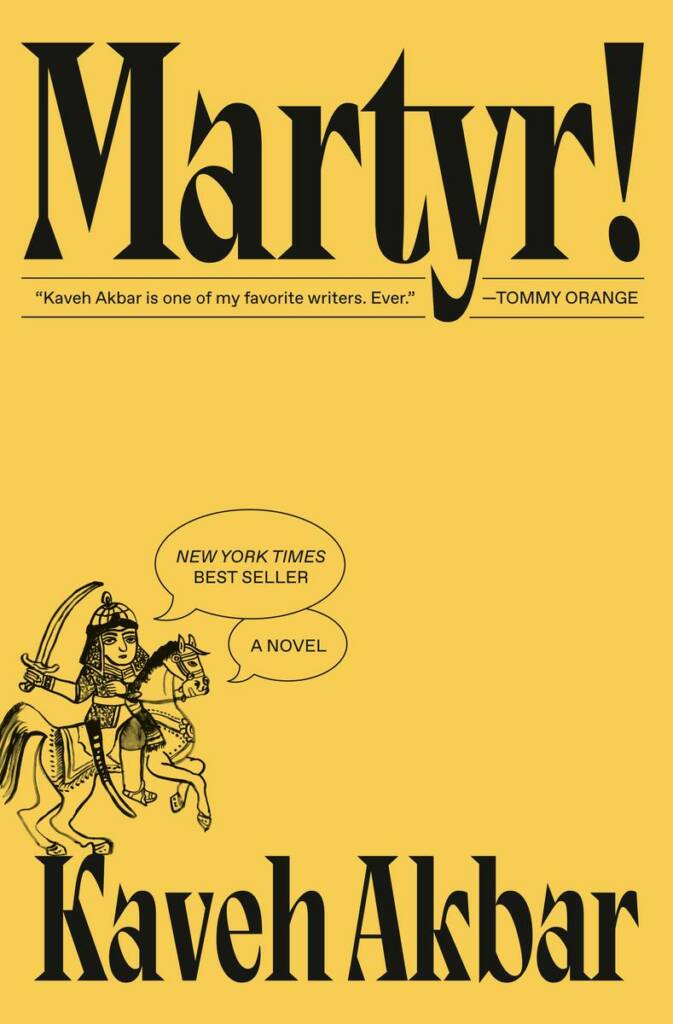
Martyr!
By Kaveh Akbar
Published by Knopf
Cyrus Shams is a young man grappling with an inheritance of violence and loss: his mother’s plane was shot down over the skies of the Persian Gulf in a senseless accident; and his father’s life in America was circumscribed by his work killing chickens at a factory farm in the Midwest. Cyrus is a drunk, an addict, and a poet, whose obsession with martyrs leads him to examine the mysteries of his past—toward an uncle who rode through Iranian battlefields dressed as the angel of death to inspire and comfort the dying, and toward his mother, through a painting discovered in a Brooklyn art gallery that suggests she may not have been who or what she seemed.
Kaveh Akbar’s Martyr! is a paean to how we spend our lives seeking meaning—in faith, art, ourselves, others.
.
-
.
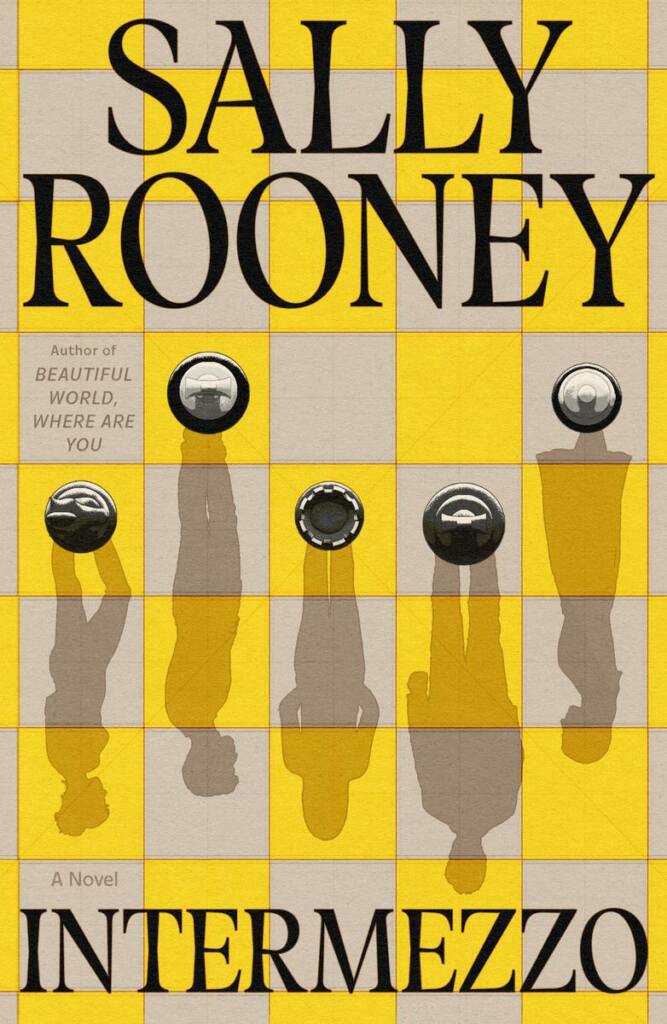
Intermezzo
By Sally Rooney
Published by FSG
Aside from the fact that they are brothers, Peter and Ivan Koubek seem to have little in common.
Peter is a Dublin lawyer in his thirties—successful, competent, and apparently unassailable. But in the wake of their father’s death, he’s medicating himself to sleep and struggling to manage his relationships with two very different women—his enduring first love, Sylvia, and Naomi, a college student for whom life is one long joke.
Ivan is a twenty-two-year-old competitive chess player. He has always seen himself as socially awkward, a loner, the antithesis of his glib elder brother. Now, in the early weeks of his bereavement, Ivan meets Margaret, an older woman emerging from her own turbulent past, and their lives become rapidly and intensely intertwined.
For two grieving brothers and the people they love, this is a new interlude—a period of desire, despair, and possibility; a chance to find out how much one life might hold inside itself without breaking.
-
.
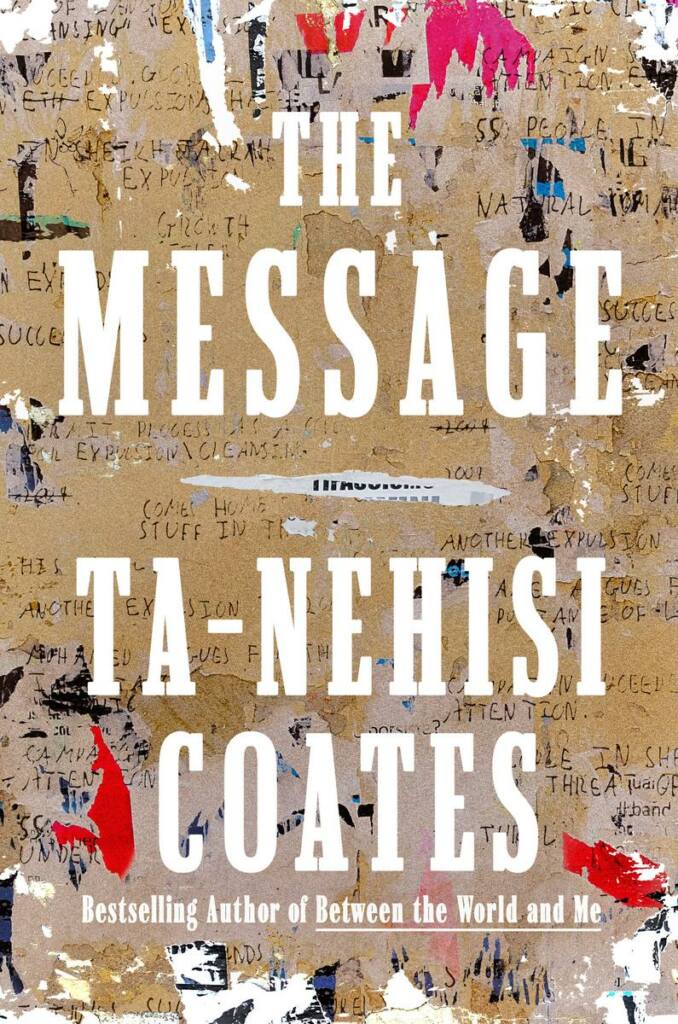
The Message
By Ta-Nehisi Coates
Published by Random House
Ta-Nehisi Coates originally set out to write a book about writing, in the tradition of Orwell’s classic “Politics and the English Language,” but found himself grappling with deeper questions about how our stories—our reporting and imaginative narratives and mythmaking—expose and distort our realities.
In the first of the book’s three intertwining essays, Coates, on his first trip to Africa, finds himself in two places at once: in Dakar, a modern city in Senegal, and in a mythic kingdom in his mind. Then he takes readers along with him to Columbia, South Carolina, where he reports on his own book’s banning, but also explores the larger backlash to the nation’s recent reckoning with history and the deeply rooted American mythology so visible in that city—a capital of the Confederacy with statues of segregationists looming over its public squares. Finally, in the book’s longest section, Coates travels to Palestine, where he sees with devastating clarity how easily we are misled by nationalist narratives, and the tragedy that lies in the clash between the stories we tell and the reality of life on the ground.
Written at a dramatic moment in American and global life, this work from one of the country’s most important writers is about the urgent need to untangle ourselves from the destructive myths that shape our world—and our own souls—and embrace the liberating power of even the most difficult truths.
.
-
.
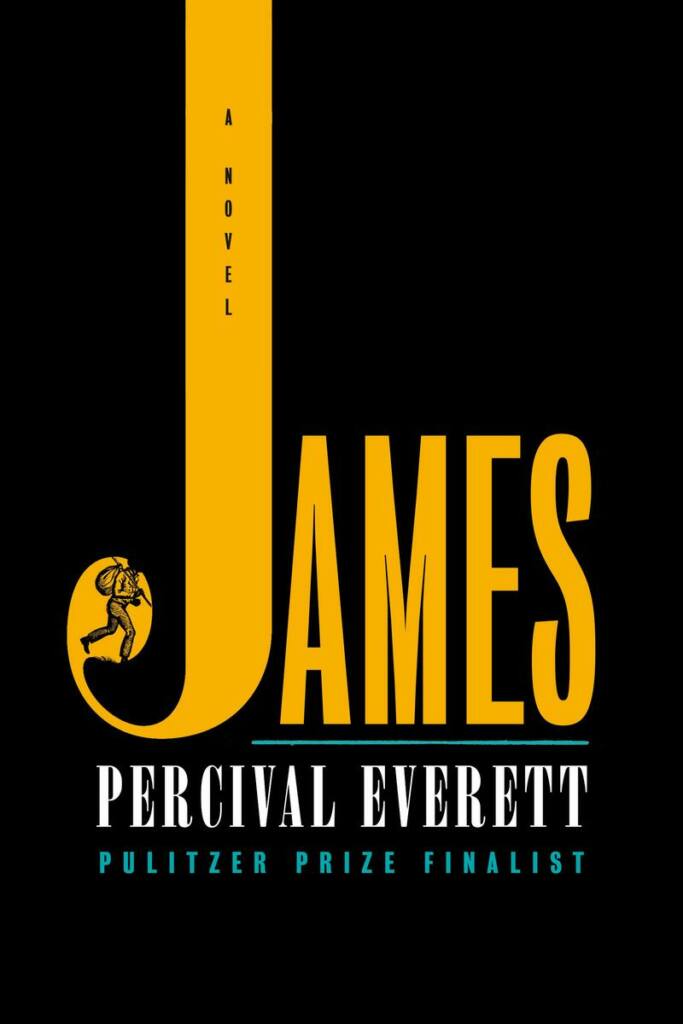
James
By Percival Everett
Published by Knopf
When the enslaved Jim overhears that he is about to be sold to a man in New Orleans, separated from his wife and daughter forever, he decides to hide on nearby Jackson Island until he can formulate a plan. Meanwhile, Huck Finn has faked his own death to escape his violent father, recently returned to town. As all readers of American literature know, thus begins the dangerous and transcendent journey by raft down the Mississippi River toward the elusive and too-often-unreliable promise of the Free States and beyond.
While many narrative set pieces of Adventures of Huckleberry Finn remain in place (floods and storms, stumbling across both unexpected death and unexpected treasure in the myriad stopping points along the river’s banks, encountering the scam artists posing as the Duke and Dauphin…), Jim’s agency, intelligence and compassion are shown in a radically new light.
Brimming with the electrifying humor and lacerating observations that have made Everett a “literary icon” (Oprah Daily), and one of the most decorated writers of our lifetime, James is destined to be a cornerstone of twenty-first century American literature.
-
.
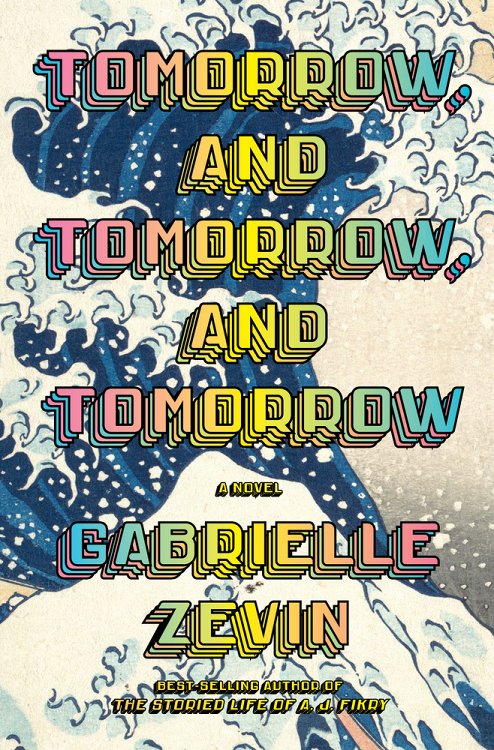
Tomorrow, and Tomorrow, and Tomorrow
By Gabrielle Zevin
Published by Knopf
From the best-selling author of The Storied Life of A. J. Fikry: On a bitter-cold day, in the December of his junior year at Harvard, Sam Masur exits a subway car and sees, amid the hordes of people waiting on the platform, Sadie Green. He calls her name. For a moment, she pretends she hasn’t heard him, but then, she turns, and a game begins: a legendary collaboration that will launch them to stardom.
These friends, intimates since childhood, borrow money, beg favors, and, before even graduating college, they have created their first blockbuster, Ichigo. Overnight, the world is theirs. Not even twenty-five years old, Sam and Sadie are brilliant, successful, and rich, but these qualities won’t protect them from their own creative ambitions or the betrayals of their hearts.
Spanning thirty years, from Cambridge, Massachusetts, to Venice Beach, California, and lands in between and far beyond, Gabrielle Zevin’s Tomorrow, and Tomorrow, and Tomorrow examines the multifarious nature of identity, disability, failure, the redemptive possibilities in play, and above all, our need to connect: to be loved and to love.
.
-
.
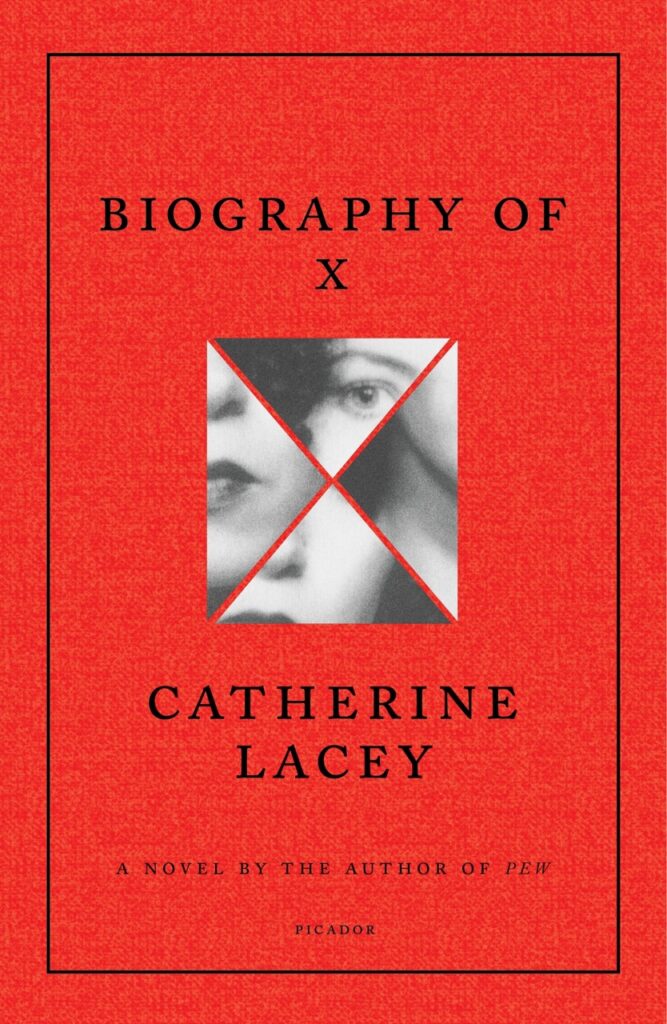
Biography of X
By Catherine Lacey
Published by Picador
When X—an iconoclastic artist, writer, and polarizing shape-shifter—falls dead in her office, her widow, CM, wild with grief and refusing everyone’s good advice, hurls herself into writing a biography of the woman she deified. Though X was recognized as a crucial creative force of her era, she kept a tight grip on her life story. Not even CM knows where X was born, and in her quest to find out, she opens a Pandora’s box of secrets, betrayals, and destruction. All the while, she immerses herself in the history of the Southern Territory, a fascist theocracy that split from the rest of the country after World War II, and which finally, in the present day, is being forced into an uneasy reunification.
A masterfully constructed literary adventure complete with original images assembled by X’s widow, Biography of X follows CM as she traces X’s peripatetic trajectory over decades, from Europe to the ruins of America’s divided territories, and through her collaborations and feuds with everyone from Bowie and Waits to Sontag and Acker. At last, when she finally understands the scope of X’s defining artistic project, CM realizes her wife’s deceptions were far crueler than she imagined.
Pulsing with suspense and intellect while blending nonfiction and fiction, Biography of X is a roaring epic that plumbs the depths of grief, art, and love. In her most ambitious novel yet, Catherine Lacey pushes her craft to its highest level, introducing us to an unforgettable character who, in her tantalizing mystery, shows us the fallibility of the stories we craft for ourselves.
-
.
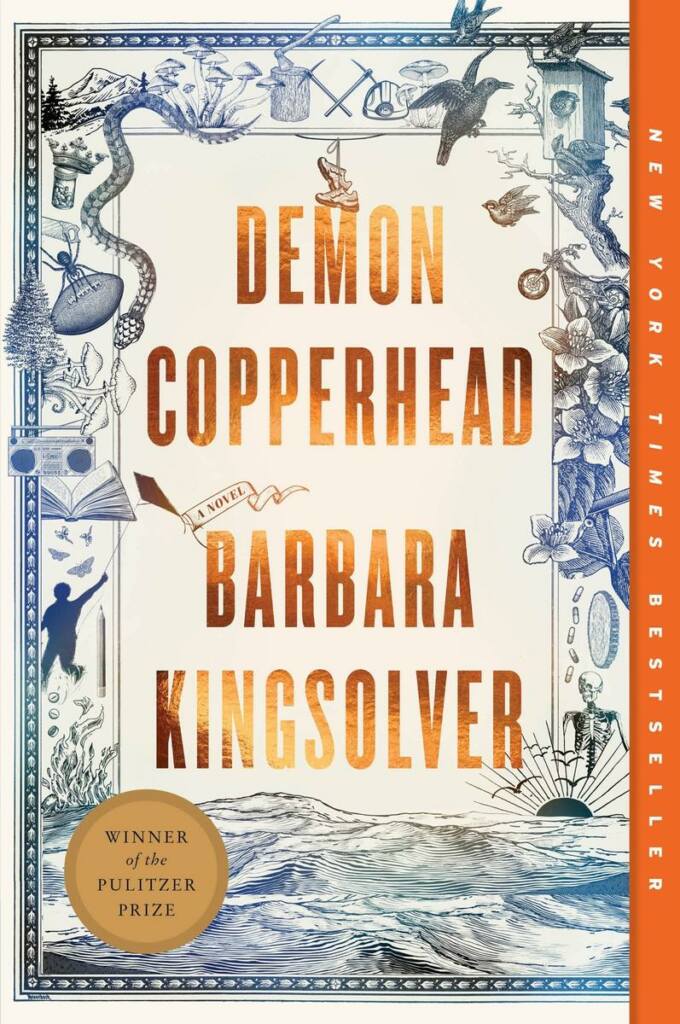
Demon Copperhead
By Barbara Kingsolver
Published by Harper
Set in the mountains of southern Appalachia, Demon Copperhead is the story of a boy born to a teenaged single mother in a single-wide trailer, with no assets beyond his dead father’s good looks and copper-colored hair, a caustic wit, and a fierce talent for survival. Relayed in his own unsparing voice, Demon braves the modern perils of foster care, child labor, derelict schools, athletic success, addiction, disastrous loves, and crushing losses. Through all of it, he reckons with his own invisibility in a popular culture where even the superheroes have abandoned rural people in favor of cities.
Many generations ago, Charles Dickens wrote David Copperfield from his experience as a survivor of institutional poverty and its damages to children in his society. Those problems have yet to be solved in ours. Dickens is not a prerequisite for readers of this novel, but he provided its inspiration. In transposing a Victorian epic novel to the contemporary American South, Barbara Kingsolver enlists Dickens’ anger and compassion, and above all, his faith in the transformative powers of a good story. Demon Copperhead speaks for a new generation of lost boys, and all those born into beautiful, cursed places they can’t imagine leaving behind.
.
-
.
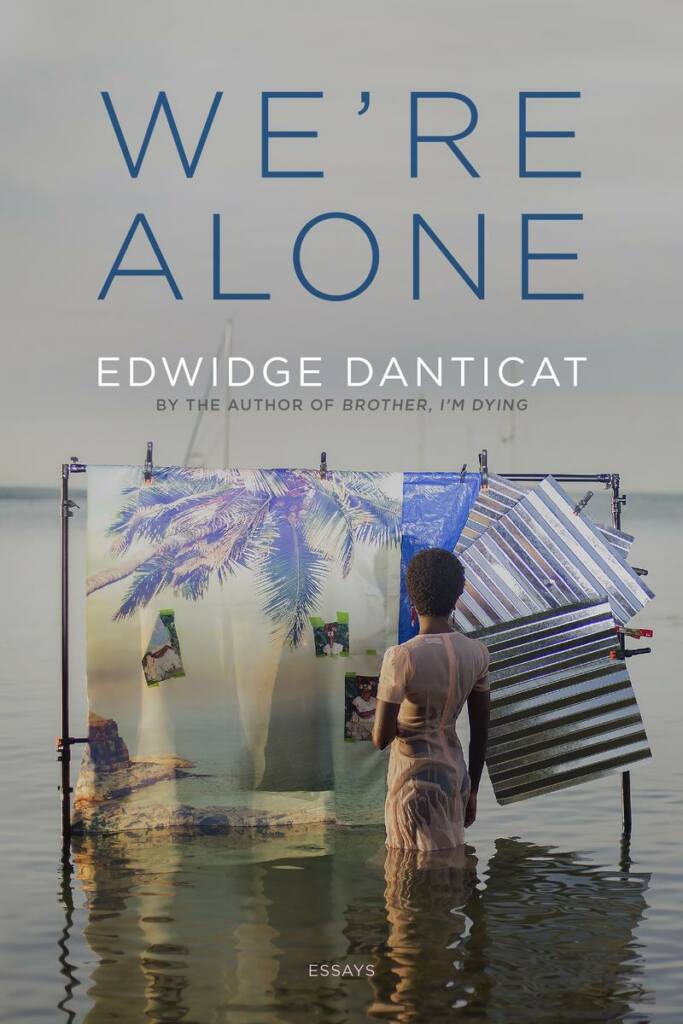
We’re Alone
By Edwidge Danticat
Published by Graywolf Press
Tracing a loose arc from Edwidge Danticat’s childhood to the COVID-19 pandemic and recent events in Haiti, the essays gathered in We’re Alone include personal narrative, reportage, and tributes to mentors and heroes such as Toni Morrison, Paule Marshall, Gabriel García Márquez, and James Baldwin that explore several abiding themes: environmental catastrophe, the traumas of colonialism, motherhood, and the complexities of resilience.
From hurricanes to political violence, from her days as a new student at a Brooklyn elementary school knowing little English to her account of a shooting hoax at a Miami mall, Danticat has an extraordinary ability to move from the personal to the global and back again. Throughout, literature and art prove to be her reliable companions and guides in both tragedies and triumphs.
Danticat is an irresistible presence on the page: full of heart, outrage, humor, clear thinking, and moral questioning, while reminding us of the possibilities of community. And so “we’re alone” is both a fearsome admission and an intimate invitation—we’re alone now, we can talk. We’re Alone is a book that asks us to think through some of the world’s intractable problems while deepening our understanding of one of the most significant novelists at work today.
-
.

Kairos
By Jenny Erpenbeck
Published by New Directions
Translated by Michael Hofmann
An epic storyteller with the most powerful voice in contemporary German literature, Jenny Erpenbeck has created an unforgettably compelling masterpiece with Kairos. The story of a romance begun in East Berlin at the end of the 1980s: the passionate yet difficult long-running affair of Katharina and Hans hits the rocks as a whole world—the socialist GDR—melts away. As the Times Literary Supplement writes: “The weight of history, the particular experiences of East and West, and the ways in which cultural and subjective memory shape individual identity has always been present in Erpenbeck’s work. She knows that no one is all bad, no state all rotten, and she masterfully captures the existential bewilderment of his period between states and ideologies.”
In the opinion of her superbly gifted translator Michael Hofmann, Kairos is the great post-Unification novel.
.
